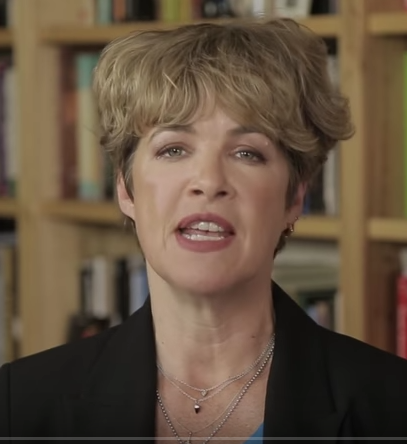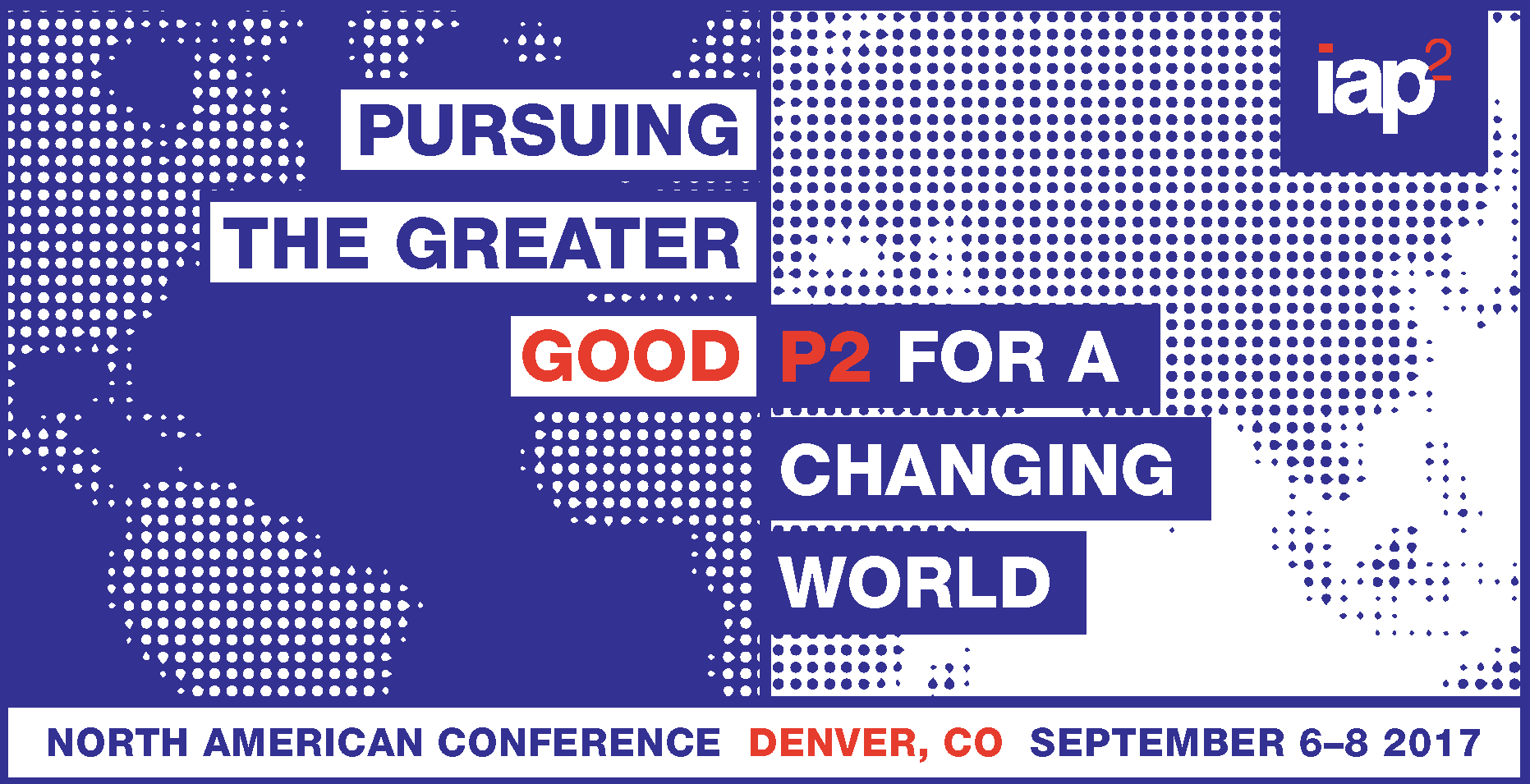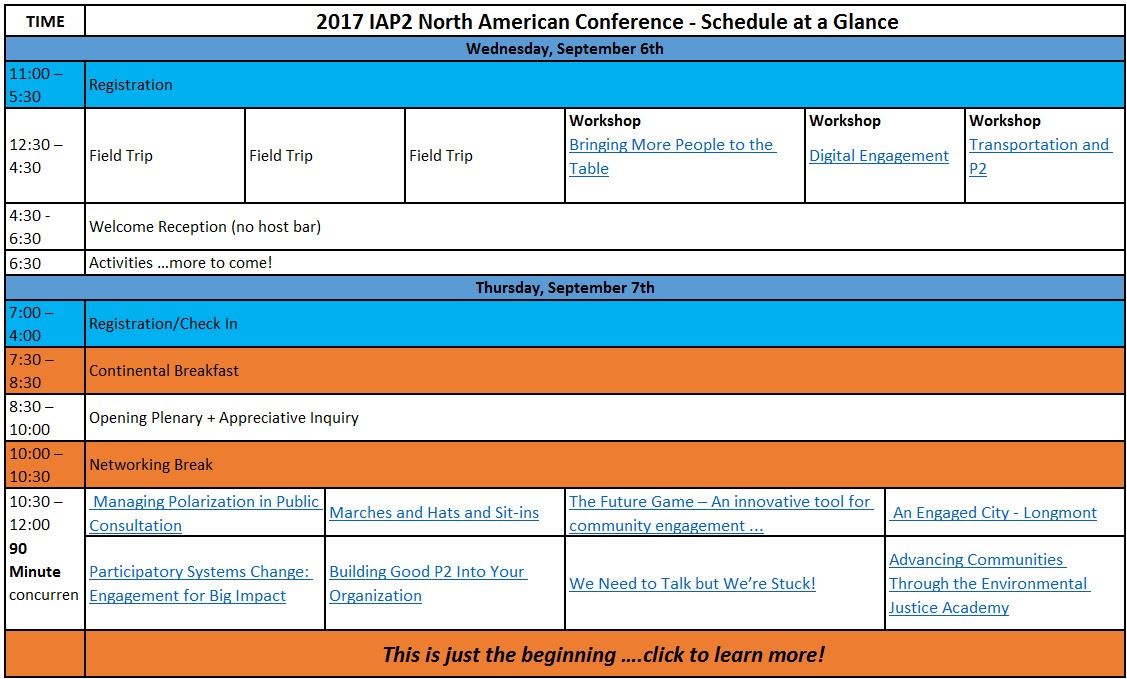Monthly Archives: June 2017
a sketch of a theory of social movements
Any social movement needs resources, such as money, existing organizations with members, physical spaces, tools for communication, people with special skills, allies within existing power structures, etc. These resources are somewhat flexible; for instance, you can do without money if you have in-kind assets.
The social movement deploys its resources to organize actions, such as mass meetings, boycotts, strikes, processions, performances and occupations (among many others).
These actions coalesce into larger campaigns, each of which has a narrative arc: origin, growth, crisis, end. A set of campaigns constitutes a true movement with a larger arc. (However, a single campaign can have the spirit of a movement.)
Campaigns accomplish immediate outcomes, to varying degrees. These outcomes include: demonstrating the capacity to enlist and deploy large numbers of people, who are reasonably diverse yet unified behind the cause; sacrificing goods, salary, time, personal safety, or even lives; demonstrating legitimacy, whether of the “respectable” kind (orderly marches led by clergy and parents with children) or more challenging types (occupations by dispossessed people, funerals of martyrs); discussing questions of means and ends within the movement to achieve at least a working consensus on core issues; enforcing tacit norms about what means and ends are appropriate for the movement (e.g., no violence in a nonviolent movement); and communicating with outsiders, at least so that they know the movement’s positions, and ideally so that the outsiders learn from the insiders, and vice-versa.
I’d offer a functionalist explanation for why campaigns seek these immediate outcomes: they confer power. As a result of its actions, the movement can put tangible pressure on target authorities. The powers-that-be lose money due to boycotts, lose elections due to voter mobilization, lose allies who defect to the movement, or lose control of streets and buildings.
It then becomes possible to negotiate an end to a particular campaign, even if the larger movement continues on with new demands and new target authorities. The negotiation may be relatively formal: movement leaders sitting around a table with officials. Or it may be tacit, an understanding that if the law is changed, then most of the protesters will go home. Even if there are formal negotiators, the ultimate success of any settlement depends on its popularity within the movement and within the official institutions.
Some movements fall apart before they can exert enough pressure to negotiate. A few movements do not end with negotiations because they supplant the powers-that-be, becoming the new authorities. I think those cases represent the boundaries of social movement politics, the points at which movements cease to be such.
[See also: what is a social movement?; social movements depend on social capital (but you can make your own); does Occupy Wall Street need a demand?; we need SPUD (scale, pluralism, unity, depth) and Charles Tilly, Social Movements: 1768-2004 (Boulder/London: Paradigm, 2004); Marshall Ganz, “Why David Sometimes Wins: Strategic Capacity in Social Movements,” in Jeff Goodwin and James M. Jasper, Rethinking Social Movements: Structure, Meaning, and Emotion (Lanham, MD: Rowman and Littlefield, 2004) pp.177-98.]
IAP2 North American Conference in Denver this Fall
NCDD org member, International Association for Public Participation [IAP2], is holding their 2017 North American Conference from Sept 6-8 in Denver, Colorado. The conference “Pursuing the Greater Good – P2 for a Changing World” will be a three-day opportunity to dig deeper into public participation with fellow practitioners. Follow the hashtag #iap2nac2017 for extra conference happenings. Early bird registration is open until June 30th, so check out the conference and save your spot at this great rate!
You can read the announcement from IAP2 below or find the original on their site here.
2017 IAP2 North American Conference
This year’s theme, “Pursuing the Greater Good – P2 for a Changing World”, couldn’t be more timely, and once again, you have an opportunity to consider that theme from a variety of angles and share perspectives and insights.
The pre-conference workshops cover three important topics for P2 professionals: “Bringing More People to the Table”, “Digital Engagement” and “Transportation and P2”.
Pathways are “deep dives” into specific topics; three-hour discussions where you get to set the agenda, co-create and co-host. Those taking part will be able to set the physical and intellectual environment where a small group of people can tackle big questions that ultimately contribute to the field. With Pathways, you can expect an experience that is in-the-moment, dynamic, engaging … and demanding!
Conference Schedule
From now through June 30, you can take advantage of the early-bird price: US $550 for members and $700 for non-members. For that, you get:
- workshops or field trips, Wednesday, Sept. 6
- the welcome reception, Wednesday, Sept. 6
- all sessions and pathways
- continental breakfast
- lunch and lunchtime activities
- the Core Values Awards gala, Thursday, Sept. 7 – dinner, entertainment and a chance to applaud the best in the business
Conference registration begins Wednesday at 11:00 a.m.
Conference Fees & Registration
2017 North American Conference Rates Member Rate Non-Member Rate
Early Bird Registration: Feb 1 – June 30 $550 $700
Regular Registration: July 1 – Sept 5 $650 $800
At the Door Registration $750 $900
Student and Americorps Members $350 –
International Members: members residing outside the United States, email info[at]iap2[dot]org to request your registration code.
Hotel Westin Downtown Denver – At the base of the Colorado Rockies!
Why not play while you work? This beautiful hotel has many amenities including on-site dining, luxurious rooms, and easy access to surrounding attractions!
The IAP2 Conference Block rate guarantee of $189.00/night + tax expires at 5pm Mountain Time on Sunday, August 6. Reservations made after August 6 will be offered at that rate on a space available basis.
Arrive early, stay late! Conference rates will be provided two days before and after the scheduled conference dates based on availability. For extended reservations, call the reservation line at 888-627-8435 .
Cancellation policy: Individual reservations will automatically be billed for one night unless canceled 48 hours prior to arrival. An early departure fee of $50 will apply if a registered hotel guest checks out prior to the reserved checkout date.
To make a reservation call the reservation line at 1-888-627-8435 and ask for the “IAP2 Conference Block” or click on “Online Registration” here.

My Interview with Laura Flanders, and other Media Encounters
It was a treat to be interviewed by Laura Flanders, a smart, solution-minded progressive who recently explored “new economy models” on her eponymous TV show. She asked me some great questions, and put together a tight 18-minute video segment that aired on May 23. Thanks, Laura.
 Over the past several months, I’ve done a number of other interviews and talks that have been posted online at various points. One of the more dramatic segments is an extremely well-produced 28-minute video about the “city as a commons,” which I gave at the Smart City Expo World Congress in Barcelona last November. It was a massive stage!
Over the past several months, I’ve done a number of other interviews and talks that have been posted online at various points. One of the more dramatic segments is an extremely well-produced 28-minute video about the “city as a commons,” which I gave at the Smart City Expo World Congress in Barcelona last November. It was a massive stage!
My talk is both an introduction to the common and a quick overview of efforts to bring collaborative projects and policies to urban regions – an antidote to the investor-driven “development” that is plaguing so many cities.
In a related vein, I had a short article on this topic published in The Nation magazine on November 29, 2016. It focused on the city as an incubator for new sorts of participatory, democratic initiatives – a piece written in anticipation of the then-impending Trump administration.
It’s always a thrill when some discerning journalist in the mainstream media gives some exposure to the commons. That happened last December when George Monbiot, the economics columnist for The Guardian, made a nice shout-out to the power of commoning in his piece, “The case for despair is made. Now let’s start to get out of the mess we’re in.” He cites the book Patterns of Commoning and makes the case for the commons as a promising path forward.
Occasionally I get requests to do interviews with fellow activists and commoners who want to discuss some of the finer points of commons strategy and possibility. One of the more exciting interviews was done with Tammy Lea Mayer and Nicolas Perrin, who asked many probing questions of me and my commons colleague Silke Helfrich for about an hour last October. The whole online conversation was videotaped and posted on YouTube.
For those of you who speak Spanish, here is a panel discussion about the commons at Medialab-Prado in Madrid (some in English), held to celebrate the release of the Spanish edition of Think Like a Commoner, Pensar desde los comunes. My co-panelists were translator Susa Oñate and Ann Marie Utratel of Guerrilla Translation, both of whom played major roles in shepherding the Spanish translation and publishing to completion.
Finally, here is a short video about the commons that I did for Agence Française de Développement (AFD), which is currently exploring the commons as a new strategic framework for its development policies and programs.
Orçamento Participativo (OP): o caso da cidade de Cascais em Portugal (2010-2016)
The Lou Frey Institute and FJCC Will Continue to Support Civic Education!
|
Dear friends of the Lou Frey Institute and the Florida Joint Center for Citizenship,
|
| We recently shared with you that the governor vetoed funding for our work in civic education.
Despite this setback, we remain fully committed to supporting you as you prepare the next generation of informed, responsible and engaged citizens. That commitment means that all of our instructional resources at www.floridacitizen.org and www.civics360.org will be supported and available for your use now and in the future. In fact, over this summer we will continue developing videos for Civics360.org and host our next webinar to help you interpret your Civics End-of-Course Assessment scores. We intend to continue to develop resources and programs to support Florida’s students. It is a key lesson in civics that determination and persistence are fundamentally important to success in the democratic process. We want you to know that we are determined to address the funding issues created by the governor’s veto and that we will persist until we are successful. We have come a long way together. Scores are up across the state. Students are learning and the prospects for a stronger civic culture in Florida get better with every student you teach. We pledge to you that we will weather the storm and continue to support your critically important work. Donations are now being accepted at www.ucffoundation.org. We are grateful for any amount you can give to support and improve Florida’s civic health.
|
Hannah Arendt and Lin-Manuel Miranda
Hannah Arendt’s interpretation of the American Revolution may not be accurate history, but it is valuable political theory, and it finds an eloquent echo in Lin-Manuel Miranda’s Hamilton.
Arendt argues that the American revolutionaries began by seeking liberty, which they didn’t define sharply but which mainly meant negative individual freedom (On Revolution, p 20). (On this point, Phillip Pettit disagrees, arguing that the founders were motivated by opposition to “domination,” or subjugation to another person’s discretion.) In creating new institutions that would protect negative freedom, the revolutionaries discovered “public freedom”—the freedom to create together. And they found that this was a source of happiness for them. “They were enjoying what they were doing far beyond the call of duty” (p. 24).
Freedom, for Arendt, is in no tension with equality, because political equality can only exist among equals, free people who decide together what to do. She writes, “Freedom was understood as being manifest in certain, by no means all, human activities, and that these activities could appear and be real only when others saw them, judged them, remembered them. The life of a free man required the presence of others. Freedom itself therefore needed a place where people could come together—the agora, the market-place, or the polis, the political space proper” (p. 21). Equality is not natural but is created by people who decide to govern themselves on terms of freedom (pp. 30-1). Aristotle calls equals who govern together political friends.
A strong word for the kind of excellence and flourishing that the founders discovered in revolutionary action was “glory” (p. 196). Arendt is not a deliberative democrat who understands public discussion as a quest for consensus about the right thing to do. She is more of a performative democrat who sees politics as a place for demonstrating excellence to friends and to posterity.
In retrospect, we can explain the founding of the American republic in terms of contingent causes: France and Spain gave military support to defeat Britain, Parliament was divided, the size of the colonies made them ungovernable, etc. That is the perspective of a spectator. But the founders saw themselves as agents (p. 52), initiators of a story whose end was not determined.
The hard question posed by the Revolution was how to make the “public happiness” enjoyed by the founders in Philadelphia in 1776 or 1788 available to all Americans across time: the question of scale and sustainability.
In Miranda’s Hamilton, these themes are pervasive. The whole story is about Hamilton’s quest for glory and his discovery of freedom among friends (and Burr’s exclusion from the “rooms where it happens”). The themes of freedom, equality, friendship, glory, story-making, and expanding the scale of the revolution come together neatly in the the tavern scene where Hamilton and his friends sing “The Story of Tonight”:
[HAMILTON]
I may not live to see our glory!
[LAFAYETTE/MULLIGAN/LAURENS]
I may not live to see our glory!
[HAMILTON]
But I will gladly join the fight!
[LAFAYETTE/MULLIGAN/LAURENS]
But I will gladly join the fight!
[HAMILTON]
And when our children tell our story…
[LAFAYETTE/MULLIGAN/LAURENS]
And when our children tell our story…
[HAMILTON]
They’ll tell the story of tonight
[MULLIGAN]
Let’s have another round tonight
[etc]
[LAURENS]
Raise a glass to freedom
Something they can never take away
No matter what they tell you
Raise a glass to the four of us
[LAURENS/MULLIGAN]
Tomorrow there’ll be more of us
[MULLIGAN/LAFAYETTE/LAURENS]
Telling the story of tonight
[HAMILTON]
They’ll tell the story of tonight
[LAURENS/MULLIGAN/LAFAYETTE]
Raise a glass to freedom
Something they can never take away
[etc.]
Karen Buck
As Director of Institutional Giving, Karen works closely with Research, Public Engagement and Communications staff to create comprehensive proposals for submission to foundations throughout the United States.
Karen has over two decades of successful experience in all areas of development as a senior-level fundraising professional. She has obtained six- and seven-figure individual and institutional gifts and grants and has extensive knowledge of the philanthropic community. Karen has always had a passion for public affairs and policy. Becoming associated with Public Agenda has afforded her the unique opportunity to combine her personal commitments with her professional acumen.
Prior to assuming her current responsibilities at Public Agenda, Karen was associated with Columbia University, The New School, New York University and the City University of New York Graduate Center. She has also consulted throughout her career to cultural, educational and social service nonprofit organizations throughout the five boroughs of New York City.
Karen holds a BA from Marymount College and an MA from Teachers College, Columbia University.


